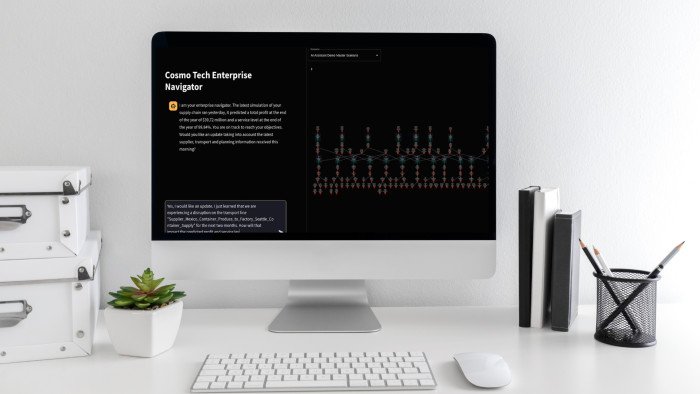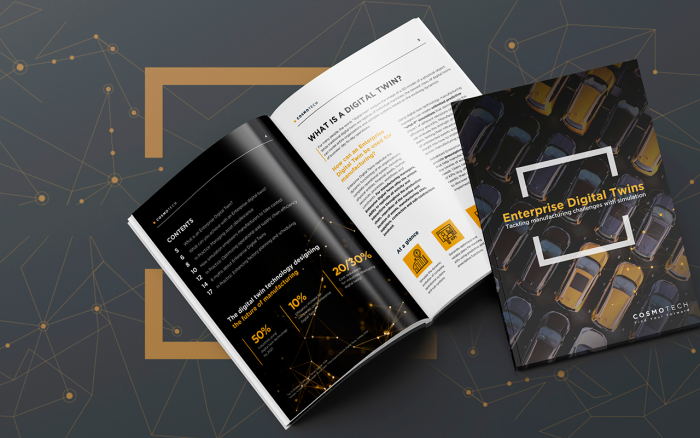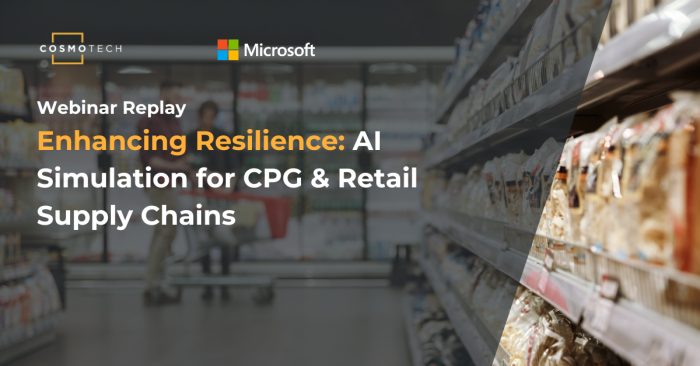As France’s electricity transmission system operator (TSO), RTE oversees a grid of 105,000 kilometers of high- and extra-high-voltage lines and 200,000 transmission towers, considered to be among the most complex invented by humans. By simulating its asset management strategies, RTE now runs scenarios to understand and make cost-effective decisions on whether to replace or repair specific assets.
As manufacturers continue to deal with demand uncertainty and the ever-complex supply chains, many turn to Simulation Digital Twins to master the cascading effects across the entire value chain for better resiliency and robustness. Renault, Cosmo Tech’s client, featured in the Les Echos article, uses the company’s digital twin solutions to optimize production and obsolete equipment management.
Jean Goutierre, Renault’s Expert Leader Industrial System 4.0, explains how Cosmo Tech’s Simulation Digital Twins brought a new approach to asset obsolescence management and maintenance and reduced capital costs over five years from €10 million to €2 and €5 million per year.
You can read the full Les Echos article here.
* Tomorrow’s Factories Piloted by Digital Twins




